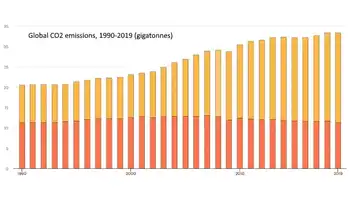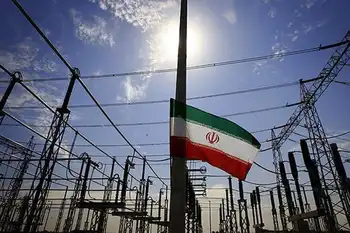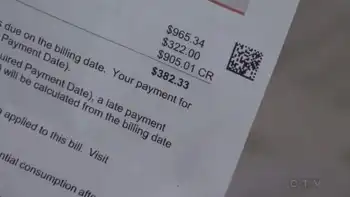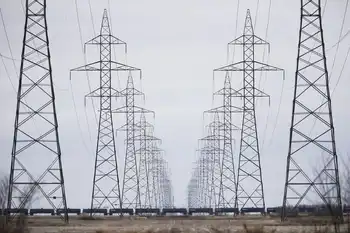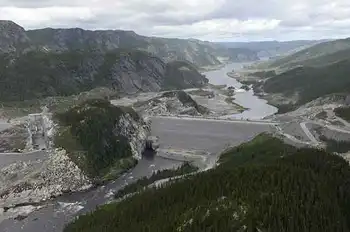NC WARN, Climate Times told to put up $98M bond to appeal Duke power plant
By The News & Observer
Protective Relay Training - Basic
Our customized live online or in‑person group training can be delivered to your staff at your location.

- Live Online
- 12 hours Instructor-led
- Group Training Available
The bond is required by a 1965 state law that has not previously been invoked in anyone's memory. The rationale for the bond is to protect electric utility customers from any increased costs that result from delays while a power plant permit is under appeal.
"The statute plainly places on the appealing party the financial risk of what potentially could be extensive additional costs," the Utilities Commissioned explained in its order Friday. "Otherwise, these costs would be added to the cost of the generating facility to be recovered from consumers through higher rates."
The Utilities Commission issued the power plant permit -- called a certificate of public convenience and necessity -- in March, and Duke had planned to begin construction on the $1 billion power project in October. Charlotte-based Duke said the planned power plant in Buncombe County will replace a demolished coal-burning plant and must be operational before Jan. 31, 2020, under deadlines set by the state legislature in the Coal Ash Management Act and the Mountain Energy Act.
NC WARN, based in Durham, and Climate Times, based in Boone, planned to challenge the power plant permit in court. The two groups say that natural gas, largely derived from fracking, results in methane leaks that release more greenhouse gas into the atmosphere than generating electricity from burning coal.
Initially the Utilities Commission had set the bond at $10 million. The nonprofits appealed and the N.C. Court of Appeals rejected the commissioners' amount, and told them to recalculate the bond based on "competent evidence."
The Utilities Commission on Friday set the new bond at $98 million total based on several estimates: $40 million in cancellation costs for three major equipment contracts, $8 million in sunk development costs, and $50 million in increased labor and material costs.
The nonprofits had proposed a bond of $250, while Duke said it would need $240 million to cover potential losses. Duke estimates an appeal could delay construction by up to two years.
Under the state law, NC WARN and Climate Times would have to cover Duke's increased costs only if they lost their appeal. If Duke won the appeal, the amount of increased costs would be determined by the Utilities Commission, and the total could turn out to be less than the amount of the bond. The actual appeal has yet to be filed as the two sides wrangle over the bond amount.
Duke Energy denounced what it described as NC WARN's dilatory tactics. "NC WARN's second appeal of the North Carolina Utilities Commission's order is most unfortunate but certainly to be expected from a group that's extremely good at creating distractions and roadblocks for their own notoriety and monetary gain," Duke said in a statement. "Their actions continue to threaten the energy reliability and economic viability of this state at the expense of its citizens and our customers."
The Commission's order cited "the lack of credibility in NC WARN's underlying position."
NC WARN executive director Jim Warren said the two nonprofits are going to appeal the amount of the bond. The nonprofits have said that putting up millions of dollars would be financially ruinous for them and the bond blocks their access to the court system.
Warren said: "We'll take it back to the court of appeals, and believe there's a good chance they'll agree with our arguments about abuse of process, and that a bond can't be used to shield the regulators from their own pro-Duke bias and order in this unprecedented case."





